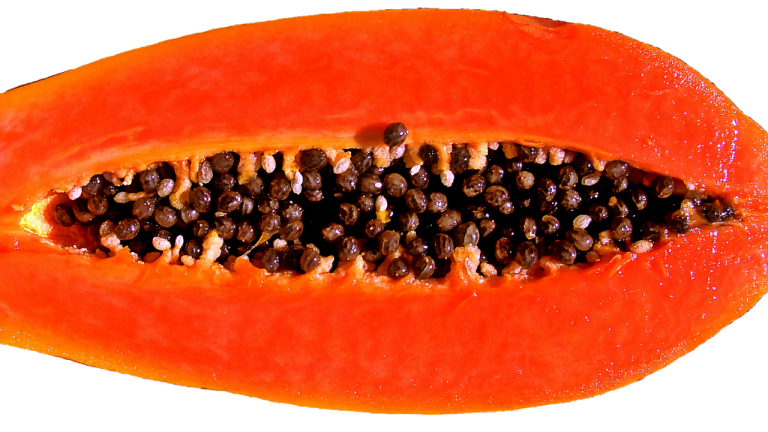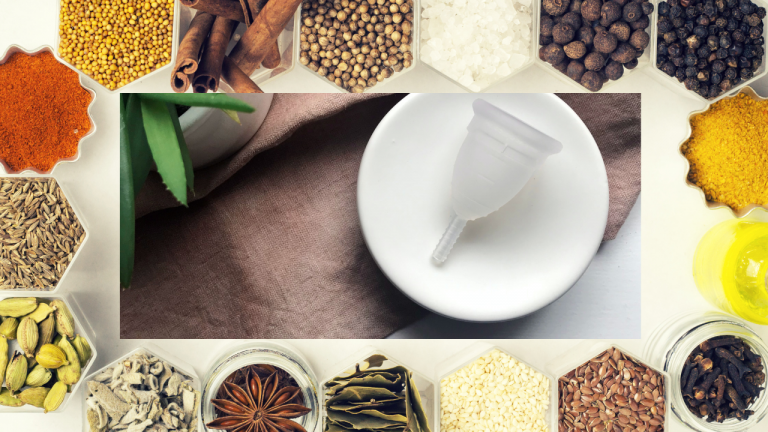PCOD Vs PCOS How Are They Different?

PCOD is a condition in which ovaries produce many immature or partially mature eggs, this happens due to poor lifestyle, obesity, stress, and hormonal imbalance. PCOS is a metabolic disorder and a more severe form of PCOD can lead to anovulation where ovaries stop releasing eggs.
Both PCOS and PCOD are diseases that involve our ovaries and hormones but have certain differences. While PCOS is more severe than PCOD, both can be treated if they are detected in time.
What is PCOD?
All women have two ovaries that release an egg alternately every month. The ovaries produce androgens or male hormones in minute quantities. PCOD (Polycystic Ovarian Disease) is a condition where the ovaries release a lot of immature or partially-mature eggs which eventually turn into cysts. Some of the common symptoms are abdominal weight gain, irregular periods, male pattern hair loss, and infertility. In this condition, the ovaries usually become enlarged and secrete large amounts of androgens that can cause havoc with a woman’s fertility and her body. The best treatment for PCOD often looks at reducing the severity of such symptoms.
What is PCOS?
In women with PCOS (Polycystic Ovary Syndrome), the ovaries produce higher levels of androgen than usual, which interferes with the development and release of the eggs. Some of the eggs develop into cysts, which are the little sacs filled with liquid. Instead of being released during ovulation, these cysts build up in the ovaries and at times even get enlarged.
Nature of the condition:
PCOS is a serious condition. PCOD is not considered to be truly a disease since with the right diet and exercise, it can be managed. PCOS, on the other hand, is a metabolic disorder.

PCOS
- Known as polycystic ovary.
- More than 10 cysts on ovaries.
- Difficult to reverse the condition.
- It can lead to fertility issues.
PCOD
- Known as polycystic ovary disease.
- Less number of cysts on ovaries.
- It can be reversed.
- Does not affect fertility.
- Most common and minor condition.
Lifestyle and Natural Treatment
Maintain a healthy weight. Weight loss can reduce insulin and androgen levels and may restore ovulation. Ask your doctor about a weight-control program, and meet regularly with a dietitian for help in reaching weight-loss goals.
Limit carbohydrates. Low-fat, high-carbohydrate diets might increase insulin levels. Ask your doctor about a low-carbohydrate diet if you have PCOS. Choose complex carbohydrates, which raise your blood sugar levels more slowly.
Be active. Exercise helps lower blood sugar levels. If you have PCOS, increasing your daily activity and participating in a regular exercise program may treat or even prevent insulin resistance and help you keep your weight under control and avoid developing diabetes.



